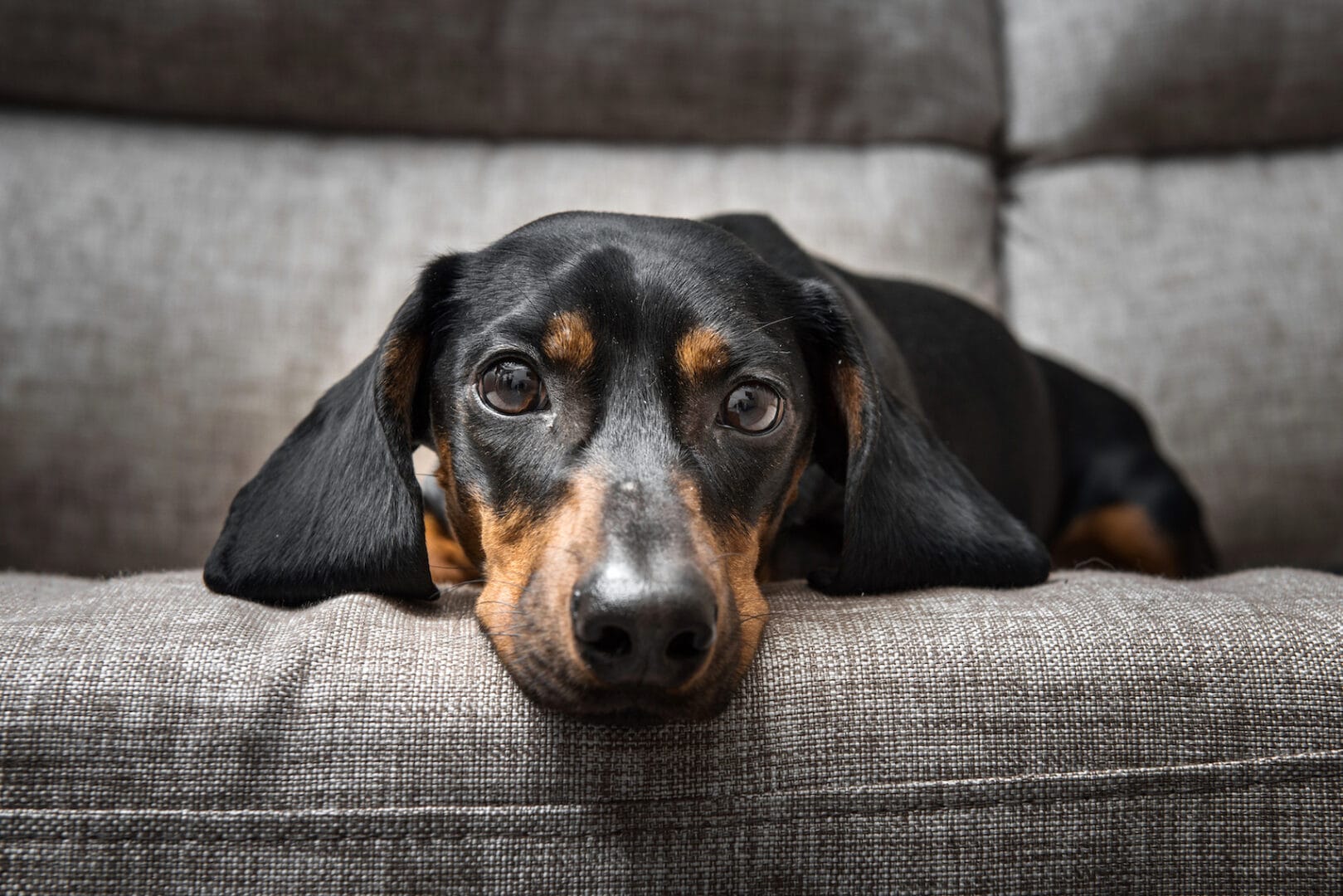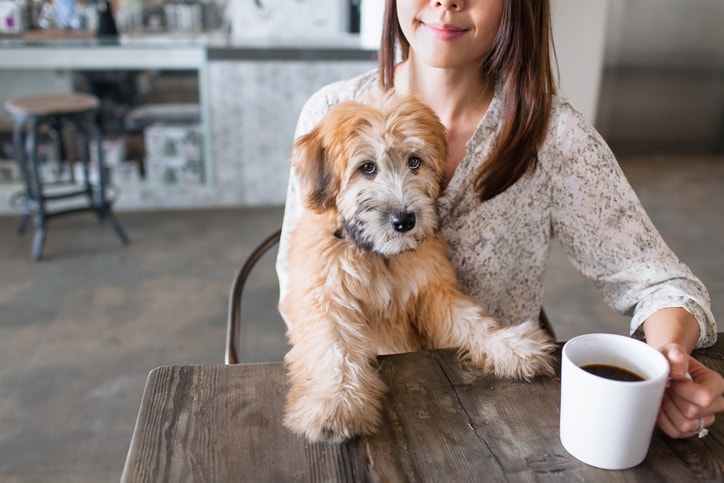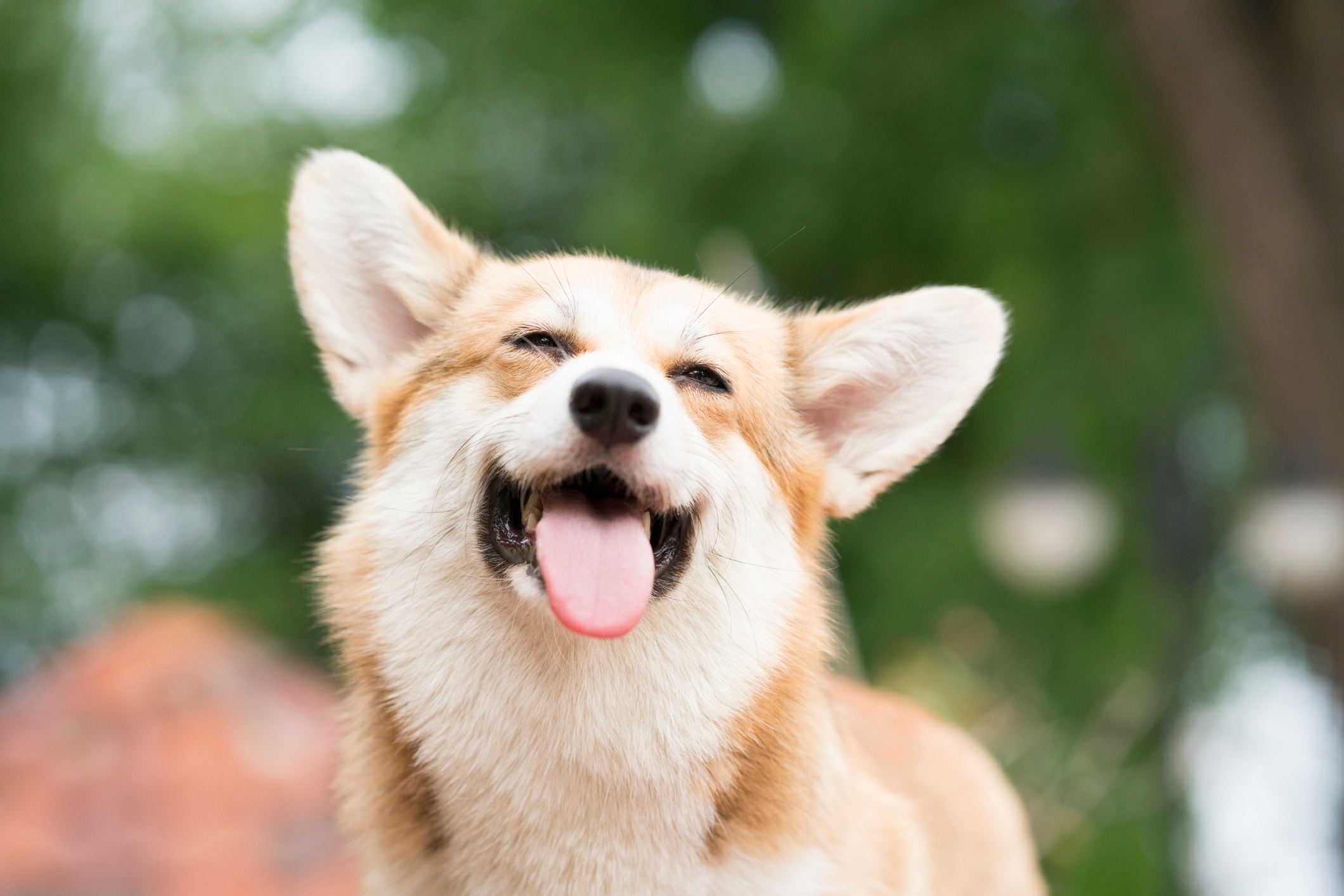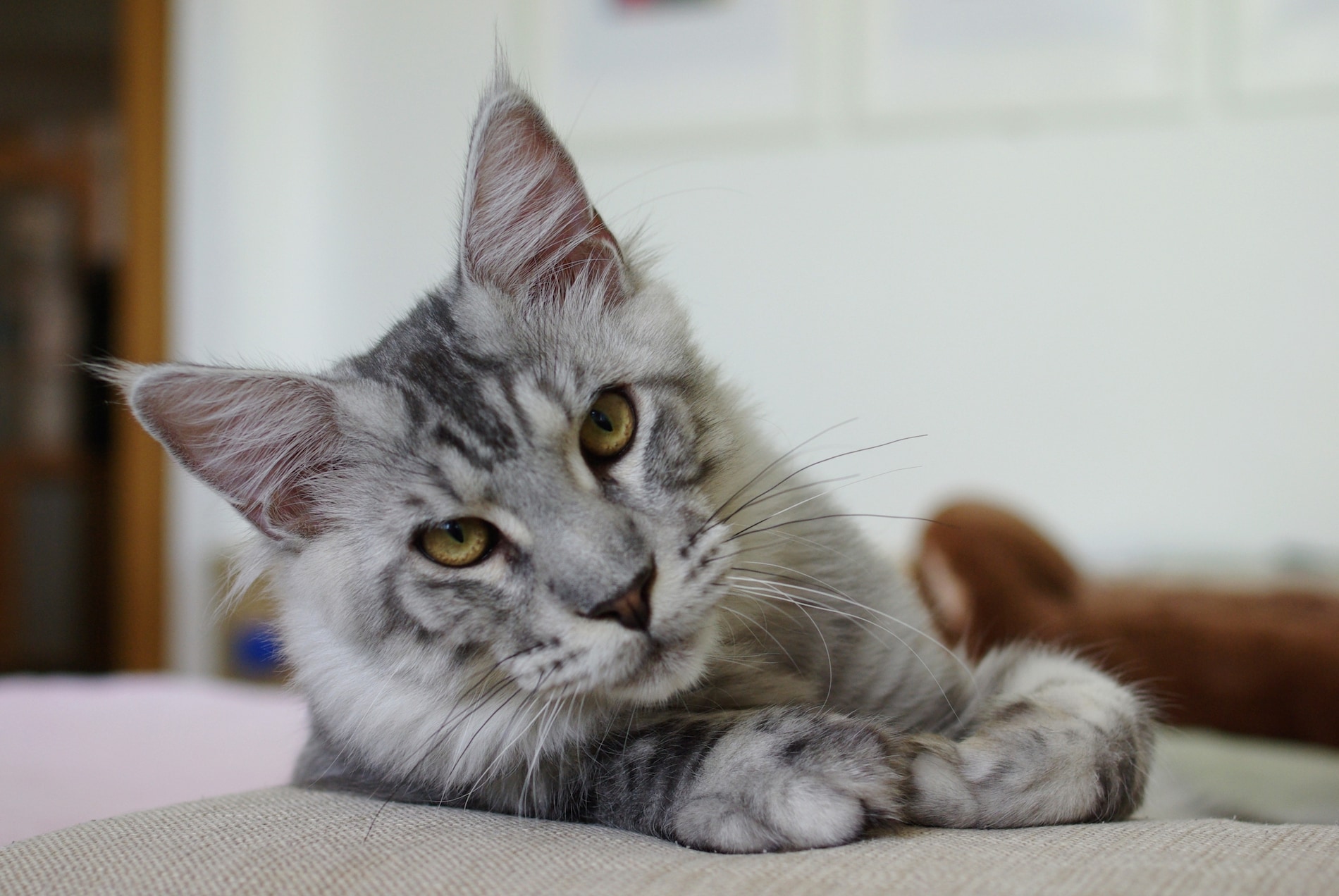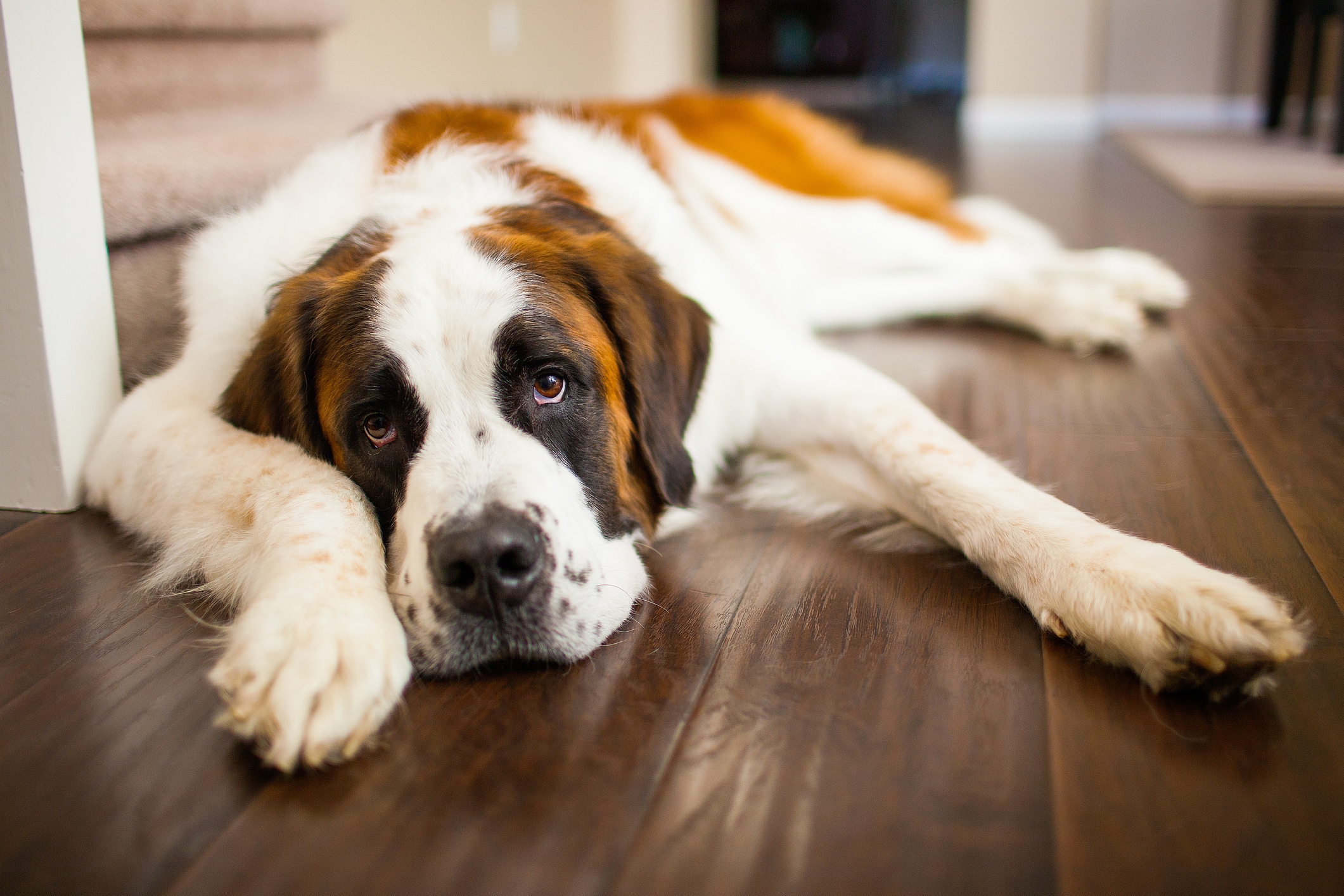Do you often find your dog throwing up bile? While this can be a very scary situation, there are many things you can do to reduce these bouts of sickness. Most importantly, you can make a number of changes to your dog’s diet to keep their stomach and digestive system in tip-top shape.
Dog vomiting bile regularly? Here’s an overview on chronic bilious vomiting and how you should manage your suffering dog’s diet.
What is bile?
Bile, a fluid that helps the digestion process, is “produced in the liver, stored in the gallbladder and released into the bile duct,” says Dr. Barry Kellogg, a senior veterinary advisor for the Humane Society Veterinary Medical Association (HSVMA). Bile breaks up the fats that your dog eats, which makes it easier for them to digest fatty foods.
What is bilious vomiting?
Your dog will only experience bilious vomiting if they have an empty stomach. “When it has been a while since they have eaten, or if fatty foods are fed, bile leaks back into the stomach and may cause some irritation and vomiting,” says Kellogg. In this scenario, your dog will vomit fluid, mucus and bile, instead of food.
“When it has been a while since they have eaten, or if fatty foods are fed, bile leaks back into the stomach and may cause some irritation and vomiting.”
— Dr. Barry Kellog, senior veterinary advisor
“The vomit usually looks foamy and is yellow, light green or dark green,” says Dr. Denise Petryk, technical services veterinarian at Dechra.
If you find your dog throwing up bile, should you take them to the vet?
You don’t necessarily need to bring your dog to the vet if they are not experiencing any other alarming symptoms. “It depends on the situation,” says Petryk. “If the vomiting occurs twice weekly or daily, go to the veterinarian.”
Should you change your dog’s diet?
For a dog vomiting bile regularly, a diet change may be in order. According to Kellogg, you should avoid fatty foods. For instance, you should never feed your pet the fat trimmings from the meat you eat for dinner. A fatty diet might serve as the root cause for your dog’s chronic vomiting or may worsen the problem at hand.
What feeding times are best when your dog suffers from bilious vomiting?
One of the most important ways to lower the frequency of your dog’s bilious vomiting is to put a particular type of feeding schedule in to place. “Increasing the frequency of feedings may help,” says Kellogg, as this will allow you to ensure that your dog doesn’t have an empty stomach.
However, it’s important to make sure that you still give your pet the same amount of food overall because you don’t want to overfeed them. If you are going to be gone during the day, consider hiring a pet sitter to come to your house and feed your dog small meals one or two times an afternoon.
If your dog is suffering from bilious vomiting, you should try to provide them with their normal dog food just before they go to bed. Then, you should feed them again right after you get up in the morning. This is especially important if you notice that the vomiting episodes typically happen first thing in the morning. Because your dog doesn’t eat anything during the night, they will tend to wake up with an empty stomach, unless you change their feeding schedule.
What are the best types of food to feed your dog?
One of the most important ways to help your dog feel their healthiest is to provide them with a nutritious diet. “At least 75% of an animal’s intake should be balanced and complete food as certified by the Association of American Feed Control Officials (AAFCO),” says Kellogg. You also want to make sure that you provide your pet with food that has all the required substances, including vitamins and minerals.
As always, before you purchase any dog food, you should read the label on the bag or container to see what types of ingredients are included. These ingredients are always listed from most to least prominent.
Kellogg prefers dry foods as a mainstay because they’re economical and more likely to be balanced and complete. Canned food, however, contains more liquid, which could help your vomiting dog stay hydrated. As such, Kellogg says that canned food can make up 25% of your dog’s diet. You could even try to freeze some canned food and offer it as a treat! This forces your dog to eat slower, which could also help to prevent them from having an empty stomach.
As far as human food goes, “a small bedtime snack of something low-fat, like carrots or cucumbers, can help prevent bilious vomiting,” says Petryk. If you want to feed your pet a bland diet, Petryk recommends that you try to incorporate cooked rice, boiled chicken, low-fat cottage cheese, tofu, canned tuna and boiled hamburger into their meal plan.
